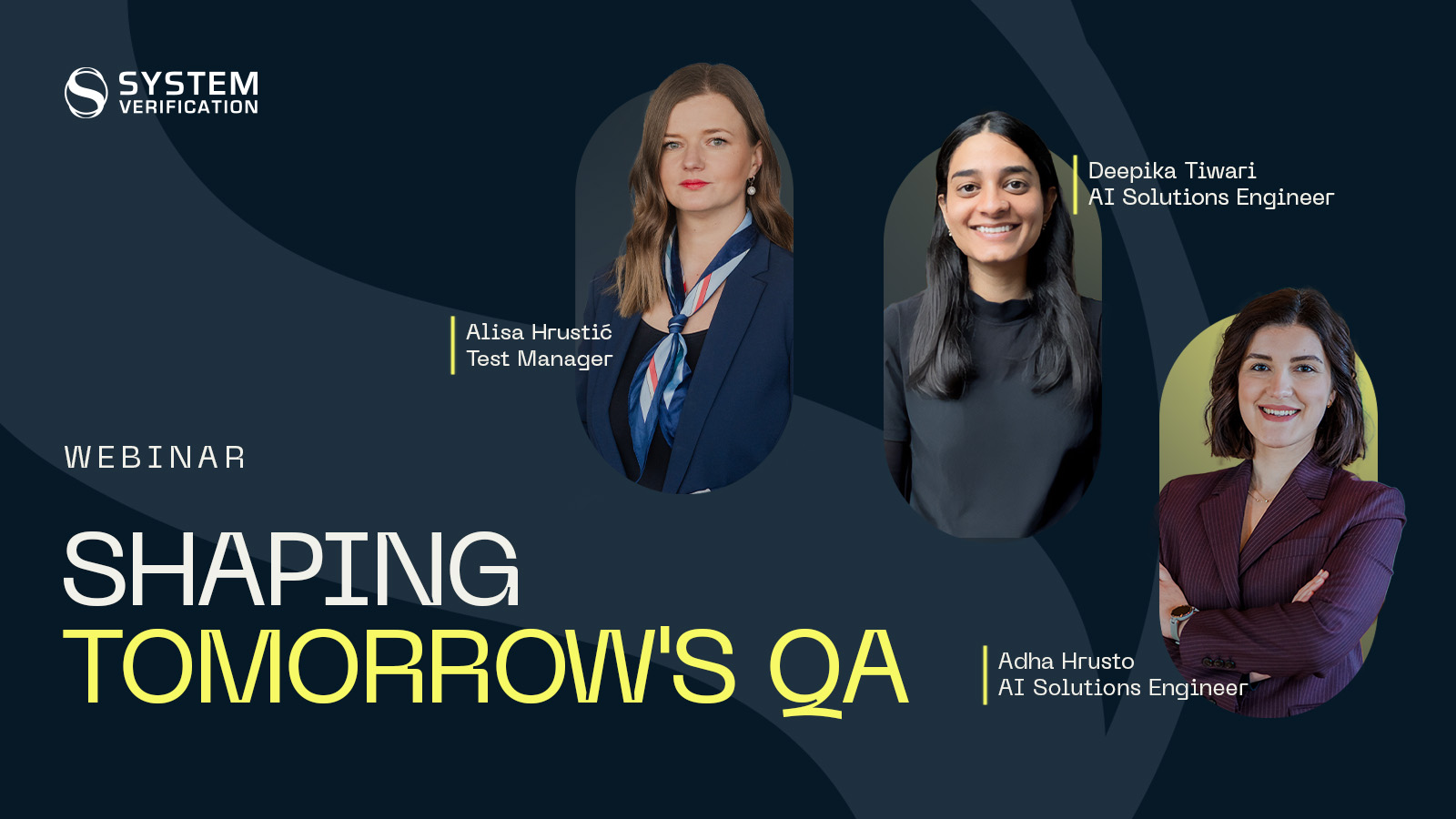
However, determining the most effective consultant delivery model for QA initiatives can be a strategic decision with significant implications. In addition, the scarcity of skilled engineers in the industry poses a significant challenge, further complicating the process of establishing effective QA practices. In this blog post, we'll explore various consultant delivery models tailored for software QA, providing insights to help businesses in the tech industry make informed choices.
1. Team Delivery: Seamless Integration for QA Excellence
Team delivery involves integrating consultants directly into the software development team, fostering collaboration, and ensuring alignment with project objectives. For software QA, this model facilitates real-time communication, knowledge sharing, and continuous feedback loops between QA professionals and developers. By working closely together, teams can address issues promptly, enhance testing efficiency, act cross functional, and deliver high-quality software products within tight deadlines.
2. Nearshore Outsourcing: Accessing Specialized QA Talent at Competitive Rates
Nearshore outsourcing offers businesses the opportunity to partner with QA consultants or agencies located in nearby countries or regions. This model provides access to specialized QA talent while offering cost efficiencies compared to onshore resources. With similar time zones and cultural affinity, nearshore partners can seamlessly integrate into the development process, providing valuable QA expertise which can be difficult to reach onshore, and contributing to the overall success of software projects.
3. Project-Based Engagements: Flexibility and Agility for QA Initiatives
Project-based engagements allow businesses to engage QA consultants for specific projects or initiatives, providing flexibility and scalability as needed. For software QA, this model enables companies to address unique testing requirements, such as performance testing, security testing, or user experience testing. By leveraging project-based engagements, businesses can access specialized QA expertise on-demand, ensuring comprehensive test coverage and mitigating risks throughout the software development lifecycle. One type of projects which often help companies develop and focus on the most important aspects are assessments.
4. Time and Materials Contracts: Adaptive QA Solutions for Evolving Projects
Time and materials contracts offer flexibility and transparency in resource management, making them suitable for software QA initiatives with evolving requirements. This model allows businesses to pay QA consultants based on actual time spent and materials used, ensuring optimal utilization of resources and cost control. With the ability to adjust QA efforts in response to changing project needs, businesses can adapt their testing strategies and prioritize areas of focus to deliver high-quality software products efficiently.
5. Subscription Model: Continuous QA Support for Software Maintenance and Updates
The subscription model provides businesses with ongoing access to QA services through a recurring subscription fee, making it ideal for software maintenance and updates. With continuous QA support, businesses can ensure the stability, security, and performance of their software products over time. By subscribing to QA services, companies can receive regular testing updates, bug fixes, and performance enhancements, enhancing the overall user experience and maintaining customer satisfaction.
Conclusion: Tailoring QA Delivery Models to Software Development Needs
In conclusion, choosing the right consultant delivery model for software QA initiatives requires careful consideration of project requirements, budget constraints, and strategic objectives. Whether it's seamless integration with team delivery, accessing specialized talent with nearshore outsourcing, leveraging flexibility with project-based engagements, ensuring adaptability with time and materials contracts, or securing continuous support with the subscription model, businesses have a range of options to choose from. Deliveries done during a collaboration, no matter what model, is always owned by the client but are enabled and leveled up by highly skilled and professionell consultants.
By understanding the unique characteristics and benefits of each model, businesses can optimize their QA efforts and deliver high-quality software products that meet customer expectations and drive success in the competitive tech industry.
More about delivery models, and how we work with these models, why not reach out or book an advice call or meeting with Bobby? Click here.






